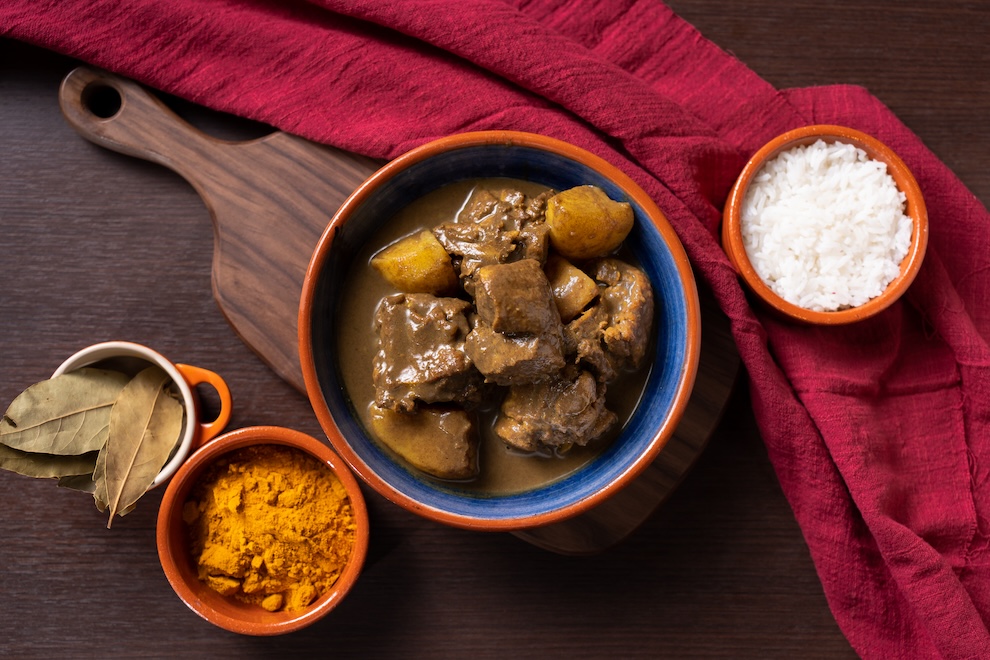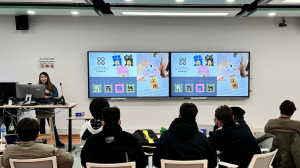Study by two IFTM researchers delves into what motivates tourists to try local food, and how it affects their satisfaction with a destination. The authors provide insights into how Macao can make strategic use of its gastronomic heritage in order to attract tourists
Researchers from IFTM have found a link between visitors’ motivations for choosing local food and their satisfaction with food in that destination. In addition, food satisfaction was found to have a favourable effect on tourists’ destination satisfaction, resulting in increased intention regarding repeat visits and word-of-mouth recommendations to others.
The study, “Local Food Consumption: The Trio of Motivation, Satisfaction, and Loyalty”, by IFTM Assistant Professor Xiangping Li and PhD student Qiu Liangwei, was published last year in the online version of the Journal of China Tourism Research. (Click here for access to full paper.)
The survey-based study conducted in Macao collected and analysed 292 responses from tourists. The research explored the relationships between motivation, food satisfaction, destination satisfaction, and destination loyalty.
‘Excitement’ was not one of the positive motivational dimensions mentioned by respondents to try local food. Four others did register. In descending order, they were: ‘interpersonal relations’; ‘cultural experience’; ‘sensory appeal’; and ‘health concerns’.
The researchers highlighted the pivotal role of local gastronomy as a “main attraction and unique selling point” for tourism destinations. They emphasised Macao’s status since 2017 as a UNESCO Creative City of Gastronomy, identifying the city’s commitment to making use of – for tourism business purposes – its culinary heritage.
Macao society “has been on its way to transforming the city by leveraging its culinary heritage,” they wrote. “Therefore, the role of local food should be strengthened.”
To enhance the impact of local food on tourism, the researchers recommended raising public awareness of establishments specialising in local food, and fostering collaboration between the Macao Government Tourism Office (MGTO) and local food providers. Suggestions included themed walking routes to get tourists more involved with local food culture, and the organisation of a greater number of food-related events and festivals.
The study authors stated the findings could help tailor strategies to make local food, events, and festivals more appealing to tourists. Based on the motivational dimensions of cultural experience and interpersonal relations, the researchers proposed the hosting of educational food activities and cooking classes targeting visitors, to enhance the Macao tourism offer.
The singling out of sensory appeal as a crucial motivational factor prompted the paper’s authors to recommend the use of innovative technologies in restaurants to help create unique dining experiences. Integrating local cultural elements into the overall dining experience could provide an engaging and memorable culinary journey for tourists, increasing food satisfaction, the researchers suggested.









